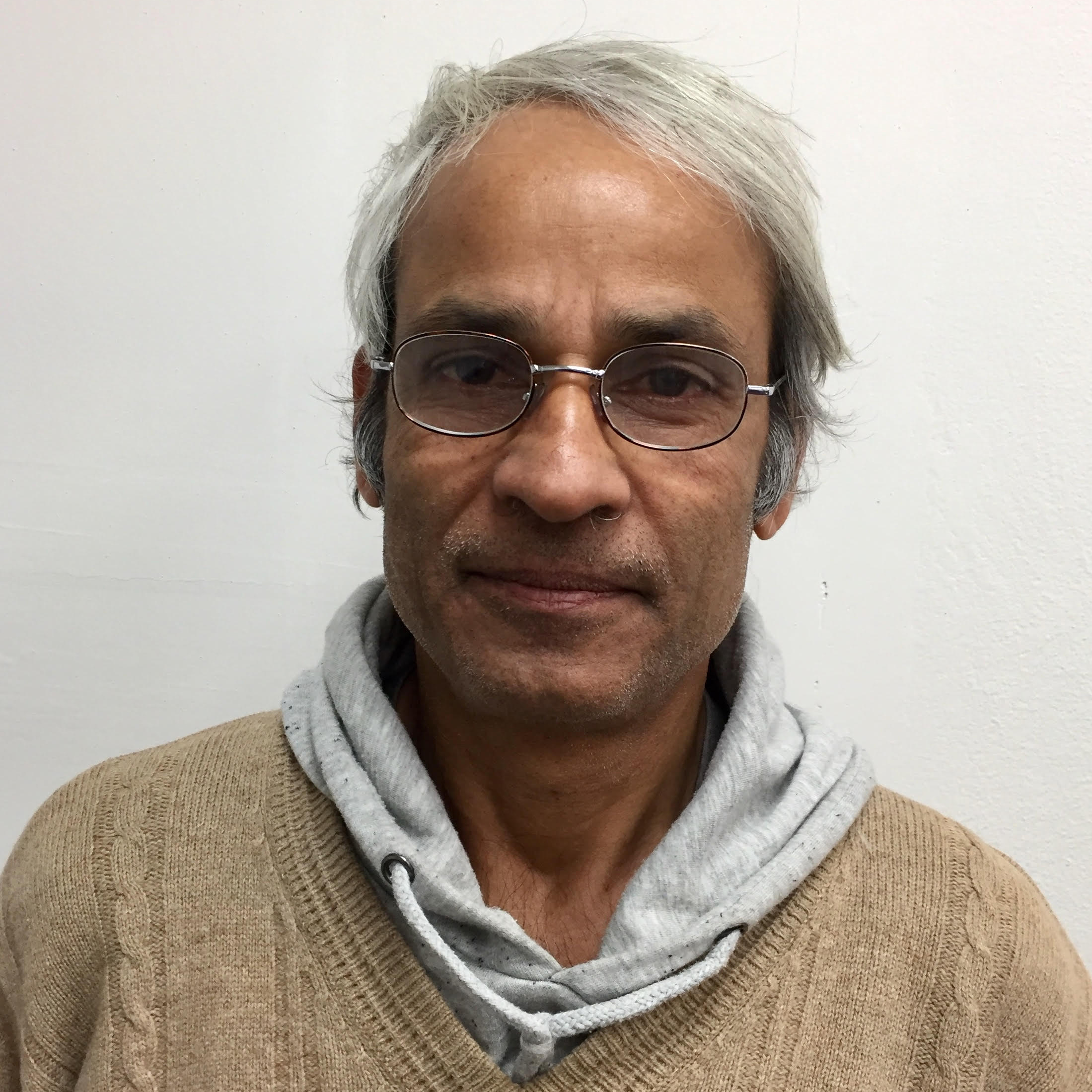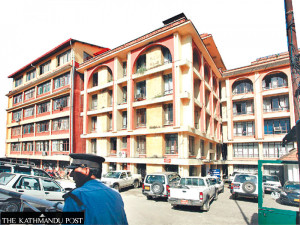Opinion
Trust the voter
Instead of cadre-based politics, parties must find genuine agendas that reflect the people’s every day concerns
Jagannath Adhikari
The resurgence of interest among the political parties in creating a large mass of whole-time workers does not bode well for the country. The UCPN (Maoist) has threatened the government that it will recreate the Young Communist League (YCL), or an organization with a structure like the YCL’s, and that it will have about a million such cadres very soon. The party has also made clear that it was the lack of the YCL that caused its defeat in the second Constituent Assembly (CA). The two splinter Maoist parties have already started developing such structures.
This cadre-based political system is the primary source of political corruption in the country. Its tentacles enter all sections of society and government. Political parties based on such whole-timer cadres need huge amounts of money as these cadres need to be fully supported by the party. The only way to get money to support these whole-timers is through corruption. This is one reason the political parties, especially those who are based on cadre-based systems, resort to corruption. Even parties who do not profess to be based on whole-timer cadre systems resort to corruption to support their patronage system.
Cadre-based political parties face a real problem when they run out of financial resources. Then, they become desperate to get into government or hang on to power. In this process, they even compromise their ethics and ideological stands. But of course, they claim that they had to resort to ‘practical’ politics when the time comes to defend their greed for power and money. On the other hand, there is also a tendency that such cadre-based parties break or split easily in the face of financial difficulty. Take the case of the UCPN (Maoist). The basic quarrel between Mohan Baidya and Prachanda was as much financial as ideological, which eventually led to a split in the party.
Hearts and minds
The time has come to realise that the cadre-based system is not going to help parties in the long run, as people, or voters, have become well informed and sensitive to realities. Time and again, voters have shown their prudence, which is quite evident in the way they repeatedly vote for a change of government, depending upon the latter’s performance. If voters can change governments through the ballot, political parties really do not need to depend on whole-timer cadres to win the election, as they can do so by winning the hearts and minds of voters through better performance. In this case, parties are also not required to undertake activities—which are often illegal and unethical—to generate huge financial resources to support these cadres. The recent election in New Delhi is a case in point. The Aam Aadmi Party (AAP) stuck to its agenda of corruption, which affected most people, and showed that its leaders were untainted in undertaking this task of cleaning up corruption.
The AAP’s agendas of anti-corruption and class-based politics were aimed at 60 percent of the urban population that is poor and desperately needs cheap and guaranteed urban services like water and electricity. Corruption is one of the reasons that makes these services expensive and inaccessible to many Delhi residents. Therefore, this agenda was in line with the problems that a majority people experienced in their daily lives. The AAP did not talk about lofty ideals from classical political theory books, but crafted their agendas based on the poor people’s problems. Accordingly, this universalisation of class politics went beyond the politics of social divisions based on caste, religion, and region, which people abhorred as they had had enough of that in the past. This pro-poor slogan was accompanied by a selection of candidates who were relatively clean and came from diverse backgrounds. The AAP did not require paid whole-timer cadres to win the election.
Rhetoric and reality
In Nepal too, there is no point in resorting to the practice of cadre-based politics, which will eventually transform into Frankenstein’s monster, who will devour the creator themselves. Political parties could do well by finding genuine agendas that reflect the people’s every day concerns. Party leaders too need to comply with what they profess. Nepali voters are often confused by the parties’ high and lofty agendas coupled with a poor adherence to what is being professed. As a result, voters are often not able to discern the right political party or the right leader to vote for. They are often forced to select the best from among the worst.
Evidence that the government can be changed easily with a big margin by adopting right agendas and a right political culture provides implications for the present constitution-making process. Given this evidence, the political parties should not make a big fuss of drafting a constitution through due process, as there will come an opportunity in the future to modify the constitution. For example, if the present opposition parties believe that they are sticking to the agendas that help empower 70 percent of the people, as Baburam Bhattarai has repeatedly said recently, they should not be worrying about the promulgation of the constitution following due process. They should, in fact, be pressuring the government to draft a constitution as soon as possible and then go for elections—both local and national. With 70 percent of voters in their favour, they can easily command a two-thirds majority in Parliament and then change the constitution according to their agendas. This could be most effective and efficient way to make the constitution of their choice.
As voters express their interest through ballots, the most important thing would be to make elections free and fair. In fact, the opposition parties should be asking the government to ensure this. This way, they can get to power easily, as it is clear that the incumbent Nepali Congress-CPN-UML government is not doing well in providing opportunities for a basic income and basic services—the prime concerns of the majority of the population.
Adhikari is a social scientist researching various aspects of development




 20.2°C Kathmandu
20.2°C Kathmandu












